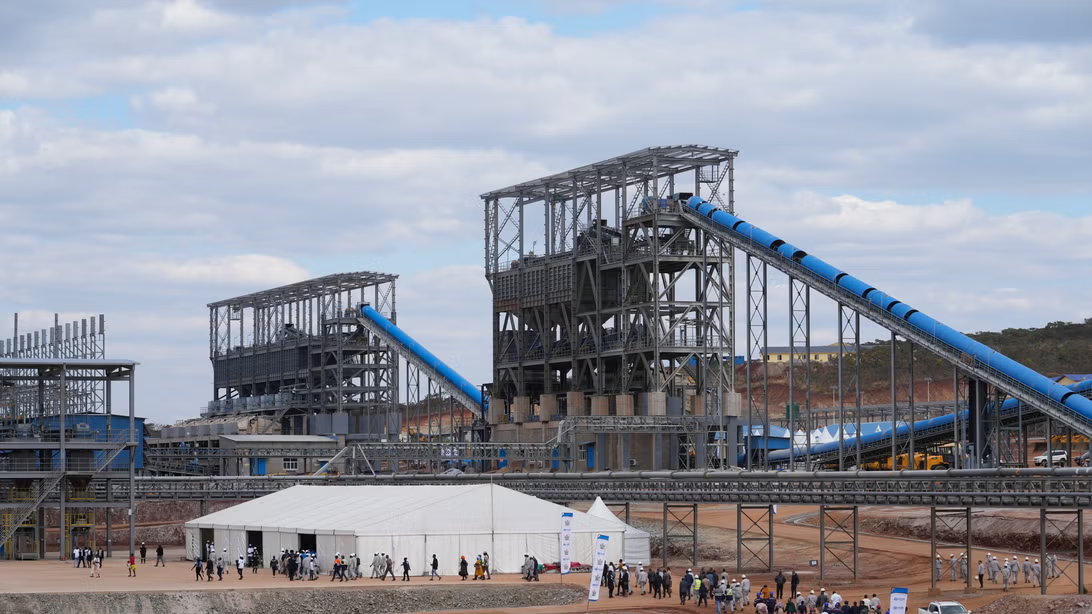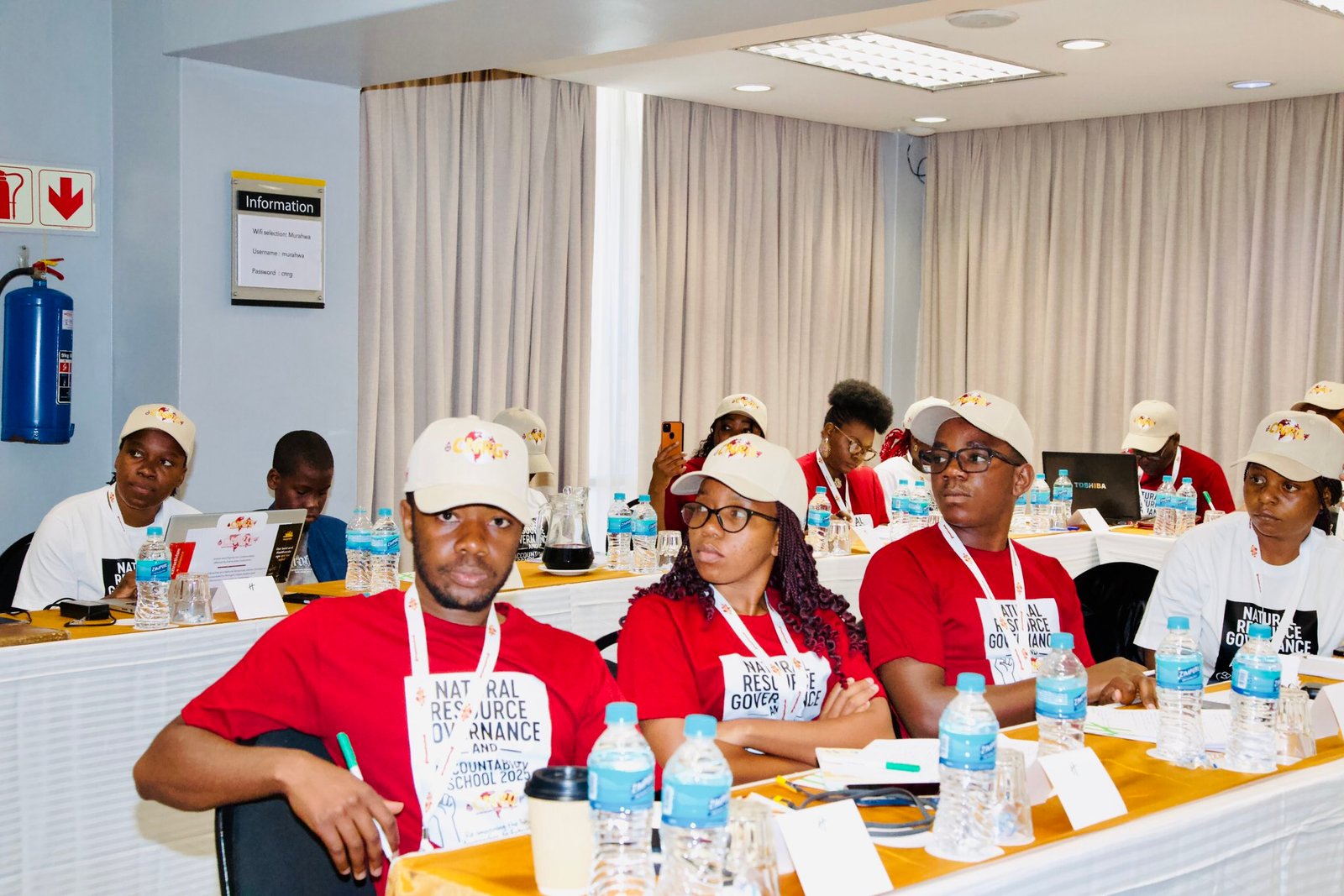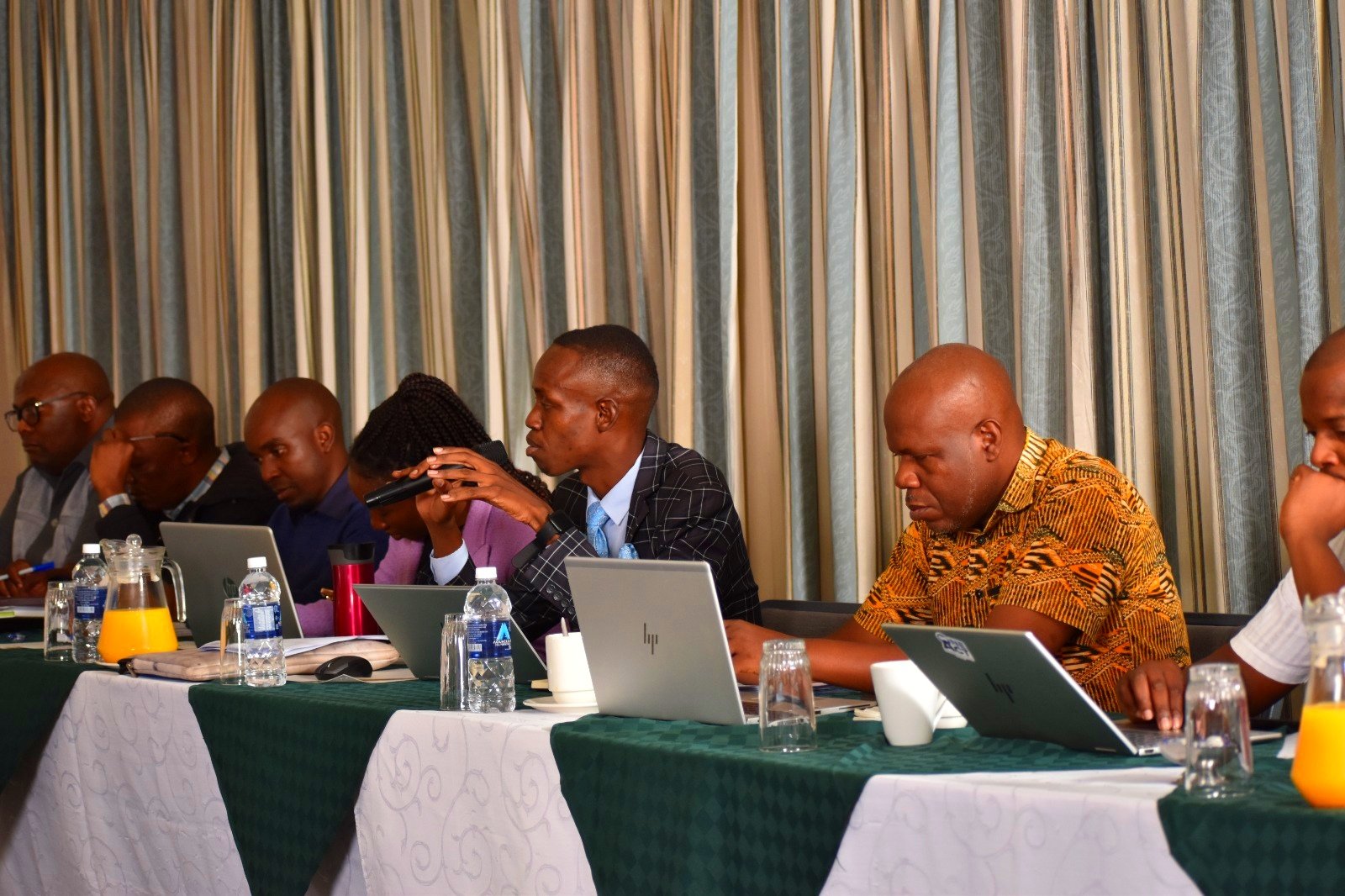Zimbabwe’s government plans to begin large-scale manufacturing of solar panels and lithium batteries through partnerships between local universities and international firms.
The initiative aims to bolster research, training, and innovation in solar energy under a memorandum of understanding with the International Solar Alliance (ISA) to establish a Solar Technology Application Resource Centre (STAR-C) at Chinhoyi University of Technology. The project seeks to position Zimbabwe as a regional renewable energy hub while leveraging its lithium reserves—critical for battery storage—amid global demand for clean energy transitions.
During the recently concluded Sixth International Renewable Energy Conference and Expo, Energy and Power Development Minister July Moyo said that Zimbabwe is prioritizing the development of its renewable energy sector, particularly solar power and lithium-based battery technology, through strategic collaborations between universities, the government, and international partners.
“We are convinced that the future is here, because of the technology we have. We want to partner with our universities, and this week, the Cabinet approved a project to partner with Chinhoyi University of Technology on solar energy, covering all aspects of solar innovation, research, training and potentially manufacturing our own solar panels and exploring battery options, given our lithium resources. We believe the opportunities are now available for everyone to participate.”
“When we are thinking about these things, solar or renewable energy must be contextualised in our economy, and our economy right now has 17 sectors. The big ones are agriculture, the mining industry, and manufacturing. As stakeholders in renewable energy, we must also focus on these areas and identify opportunities within each one,” he added.
The move aligns with government efforts to reduce reliance on firewood, which over 60% of Zimbabwe’s population still uses for cooking. Minister Moyo emphasized transitioning to clean cooking solutions to curb health and environmental harms, particularly for women exposed to harmful smoke.
“And we’re looking at clean cooking, and when considering clean cooking, we want to liberate ourselves and our women from the smoke produced by wet wood during the rainy season, which can be overwhelming. So, promoting clean cooking is also part of our goals.”
Moyo urged businesses and homeowners with solar installations to adopt net metering, a system allowing excess energy to be sold back to the national grid.
“Energy efficiency is no longer optional, it’s a necessity,” he said, calling the mechanism a “cost-effective” way to expand access and reduce emissions.
Zimbabwe’s renewable energy push targets key sectors like agriculture, mining, and manufacturing, which form the backbone of its economy. The country has faced chronic power shortages, with daily outages lasting up to 12 hours, driving interest in solar solutions.




